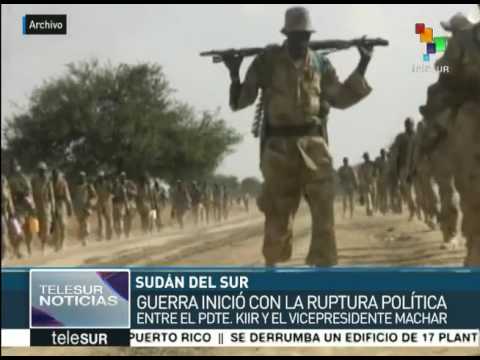Carnet de la patria
ivss
El carnet de la patria es un documento de identidad venezolano que incluye un código QR único y personalizado. Fue creado en 2016 por el gobierno venezolano con el objetivo de conocer el estatus socioeconómico de la población y agilizar el sistema de las misiones bolivarianas y el de los Comités Locales de Abastecimiento y Producción (CLAP)[1][2].
El uso del carnet ha sido denunciado como un posible método de control social, una política de exclusión social así como de coacción y compra de votos durante las elecciones regionales venezolanas de 2017, las municipales de 2017, las presidenciales de 2018 y las parlamentarias de 2020[6][7][8][9].
Se creó el 18 de diciembre de 2016, cuando el presidente Nicolás Maduro anunció la creación del sistema de carnet de la patria en su programa semanal de televisión Contacto con Maduro[cita requerida] y señaló que la plataforma tecnológica del carnet se ha materializado a través de acuerdos con China. [3] Luego, el 20 de enero de 2017, se inició la primera jornada de inscripción para adquirir el carnet de la patria[10] Hasta mayo de 2017, más de 13 millones de venezolanos han tramitado su carnet de la patria, asignando más de 200.000 tarjetas de la Misión Hogares de la Patria y al menos 50.000 becas estudiantiles[1].
venezuelan free market
The document has a digital wallet that is articulated within a state electronic payment system[5][6] and in which bearers can also receive different monetary bonuses from the Venezuelan State.[7][3][4][5][5][6][7][8][8][8][8][9][9][9
Moreover, the use of the carnet has been the subject of allegations as a possible method of social control, a policy of social exclusion as well as coercion such as vote buying during Venezuela’s 2017 regional elections, the 2017 municipal elections and the 2018 presidential elections.[8][9][10][10]
After the trip, the Venezuelan government asked Cuba for help in creating radio frequency identification cards (RFID) a technology that can track location and data through radio waves, and in June 2008, Venezuela agreed to pay a Cuban state-owned company $172 million to develop six million cards. By 2009, Daquin became concerned about the potential for the carnet program to abuse people’s privacy and expressed his concerns to government officials, including Defense Minister Vladimir Padrino Lopez. On November 12, six armed officers from the national intelligence agency, DISIP, kidnapped him in Caracas and forced him to drive to Guatire, beat him with guns, knocked out several of his teeth and demanded $100,000 for his release. Daquin paid the men and booked a flight for him and his family to the United States. After Daquin’s escape, the contract with Cuba did not move forward.[11] The contract with Cuba did not move forward.[11] Daquin was released.
bdv
The document has a digital wallet that is articulated within a state electronic payment system[5][6] and in which bearers can also receive different monetary bonuses from the Venezuelan State.[7][3][4][5][5][6][7][8][8][8
Moreover, the use of the carnet has been the subject of allegations as a possible method of social control, a policy of social exclusion as well as coercion such as vote buying during Venezuela’s 2017 regional elections, the 2017 municipal elections and the 2018 presidential elections.[8][9][10][10]
After the trip, the Venezuelan government asked Cuba for help in creating radio frequency identification cards (RFID) a technology that can track location and data through radio waves, and in June 2008, Venezuela agreed to pay a Cuban state-owned company $172 million to develop six million cards. By 2009, Daquin became concerned about the potential for the carnet program to abuse people’s privacy and expressed his concerns to government officials, including Defense Minister Vladimir Padrino Lopez. On November 12, six armed officers from the national intelligence agency, DISIP, kidnapped him in Caracas and forced him to drive to Guatire, beat him with guns, knocked out several of his teeth and demanded $100,000 for his release. Daquin paid the men and booked a flight for him and his family to the United States. After Daquin’s escape, the contract with Cuba did not move forward.[11] The contract with Cuba did not move forward.[11] Daquin was released.
saime
Caracas. The government of Nicolás Maduro announced the delivery of the bonds Family Economy and 100% Schooling. “Yesterday, through the @CarnetDLaPatria System, the #EconomíaFamiliar Bonus and the 100% #Escolaridad Bonus (December 2021) sent by our President @NicolasMaduro were delivered”, reads a tweet from the account Bonos Protectores Social Al Pueblo.
Sustaining the operation of this independent media is increasingly expensive and difficult. That is why we created a membership program: We do not charge for reporting, but we bet that readers see the value of our work and contribute with an economic contribution that is increasingly necessary.







